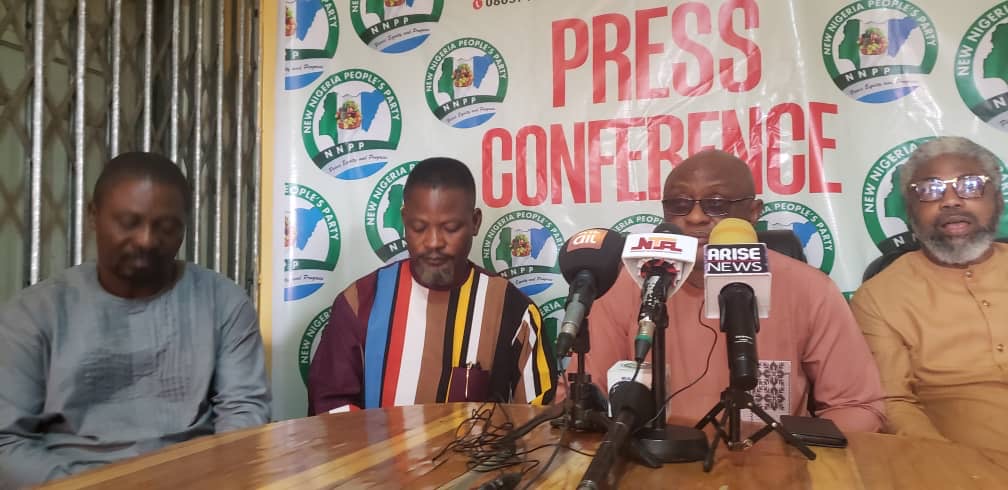The New Nigeria Peoples Party (NNPP) is embroiled in a leadership crisis stemming from a disputed national convention. Agbo Major, declared as the new National Chairman at the convention held in Lagos, asserts the legitimacy of his election and the expulsion of the faction led by Rabiu Kwankwaso, a prominent political figure. Major’s faction maintains that the convention followed a court order mandating the party’s Board of Trustees (BOT) to organize congresses and conventions, culminating in the Lagos event. They insist that all necessary procedures were followed and that the convention’s decisions, including Kwankwaso’s expulsion, are binding.
Conversely, the Kwankwaso faction rejects the Lagos convention as illegitimate, arguing that Dr. Ajuji Ahmed remains the authentic National Chairman. They view Major’s group as a renegade faction operating outside the party’s constitution. This fundamental disagreement on the legitimacy of the convention forms the core of the ongoing power struggle within the NNPP. The dispute throws into question the party’s future direction and its potential to effectively participate in future elections.
Major’s faction underscores the legal basis for the Lagos convention, referencing a court judgment from the Abia High Court. This judgment, they contend, compelled the Independent National Electoral Commission (INEC) to recognize the BOT led by Dr. Boniface Okechukwu Aniebonam. The BOT was further instructed to activate all party organs according to the NNPP constitution, paving the way for the ward, local government, state, and zonal congresses that preceded the national convention. Major emphasizes that these steps were taken in strict adherence to the court’s directives.
Furthermore, Major’s group argues that the initial delay in holding the national convention, caused by an interim order from an FCT High Court, was resolved when the order expired. This, they claim, paved the way for the successful conclusion of the convention in Lagos. They have subsequently submitted all relevant documentation to INEC and anticipate the commission’s official recognition of the changes in leadership. This reliance on legal procedures and court judgments forms a key element of Major’s faction’s strategy to solidify their control over the party.
The Lagos convention, according to Major’s account, carried out several crucial actions. These include the ratification of all preceding congresses, affirming the expulsion of Kwankwaso and his Kwankwassiya group, reviewing the party’s finances, rejecting a proposed new logo, and reverting to the old logo. The expulsion of Kwankwaso, a significant figure in the NNPP, is justified by his supporters based on the expiration of a Memorandum of Understanding (MOU) that initially brought his group into the party. This expulsion further deepens the divide within the party and highlights the irreconcilable differences between the two factions.
Finally, Major’s faction calls on the remaining members aligned with Kwankwaso to leave the NNPP, suggesting they seek affiliation elsewhere. This assertive stance reflects their confidence in the legality of their actions and their determination to consolidate their leadership. The ongoing dispute, however, threatens to fracture the NNPP and undermine its ability to function effectively as a political party. The uncertainty surrounding the party’s leadership raises questions about its future prospects and the potential impact on its electoral performance. The involvement of INEC will be crucial in resolving the impasse and determining the recognized leadership of the NNPP.


